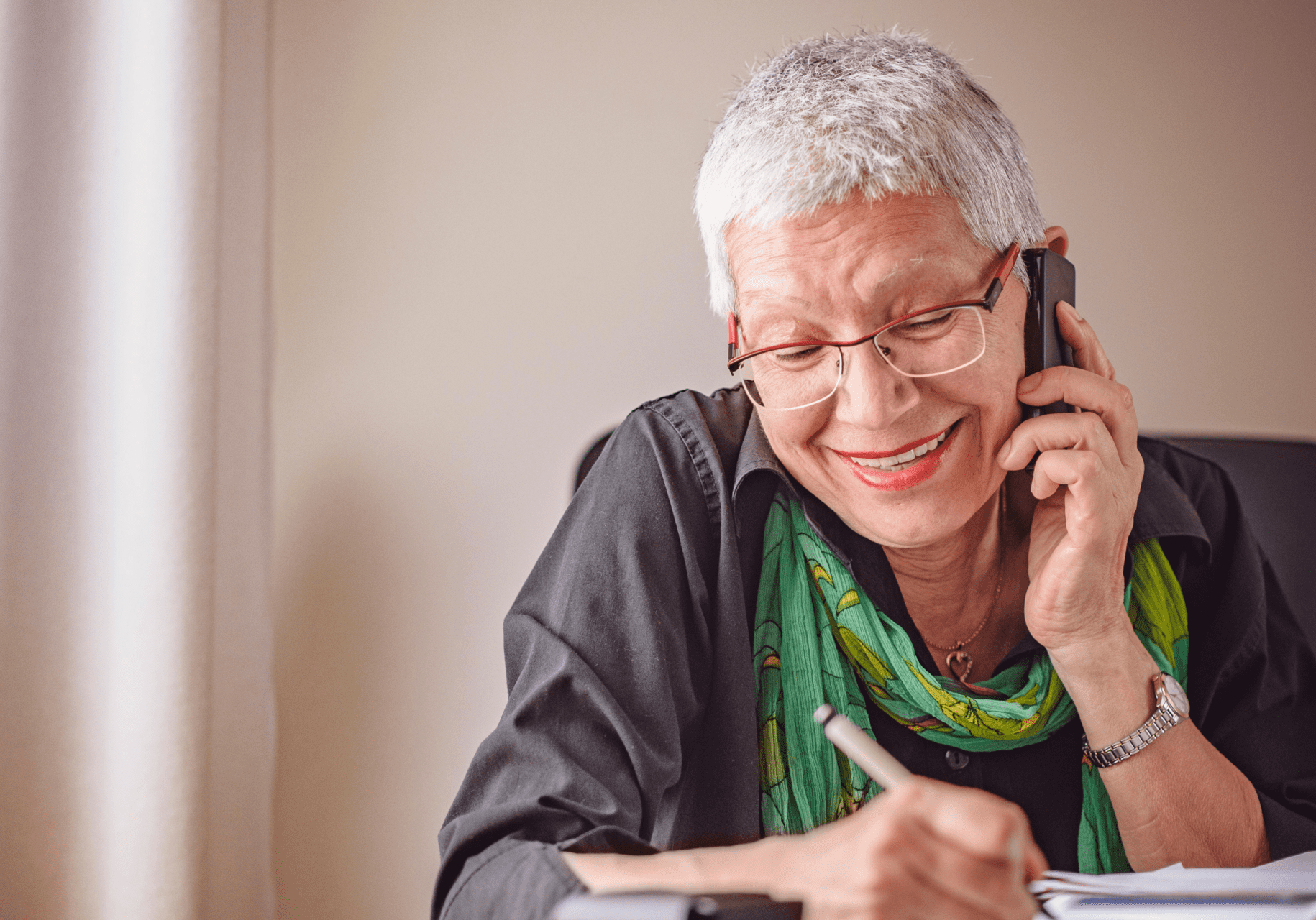
A day in the life of a helpline volunteer
Hear from one of our awesome volunteers about what she does on a helpline shift.
“I am welcomed onto every shift by a ‘check in’ with the shift supervisor and other volunteers:
‘How are we? what’s going on for us today?’
This is a space to be heard and to settle. The helpline opens and I can then anticipate a variety of calls from survivors, their relatives and friends survivors or professionals. The calls can be about signposting to other organisations, starting the process of the survivor being assessed for SARSAS services and of course a place where survivors and relatives can just call to be listened to, be believed and supported in how they are feeling in that moment.
We are continually reminded to take breaks and look after ourselves, to observe our own responses to the impact of what a call might bring. We end a shift with a check-out, a place to share experiences and talk what may be difficult for us.
To do a role like this you have to feel there is someone to listen to you and your variety of emotional responses. To be a volunteer at SARSAS to me means support. I can do the role because I am held. So part of my ‘day in the life of a SARSAS Volunteer’ is to experience support so then I can effectively support others.” Fleur
The latest from our news and blogs

After isn’t After
A little while ago, we received a poem in our inbox. Its words thoughtfully captured a personal experience of sexual violence, and with the author’s permission, we’re sharing it here, knowing it may resonate with many of our followers and supporters.




